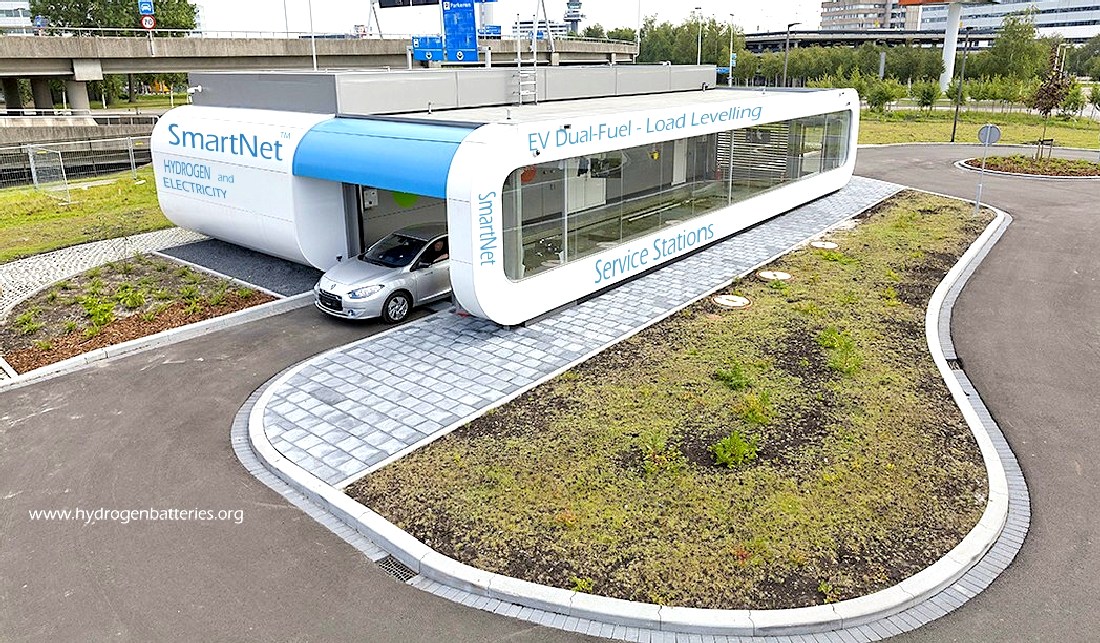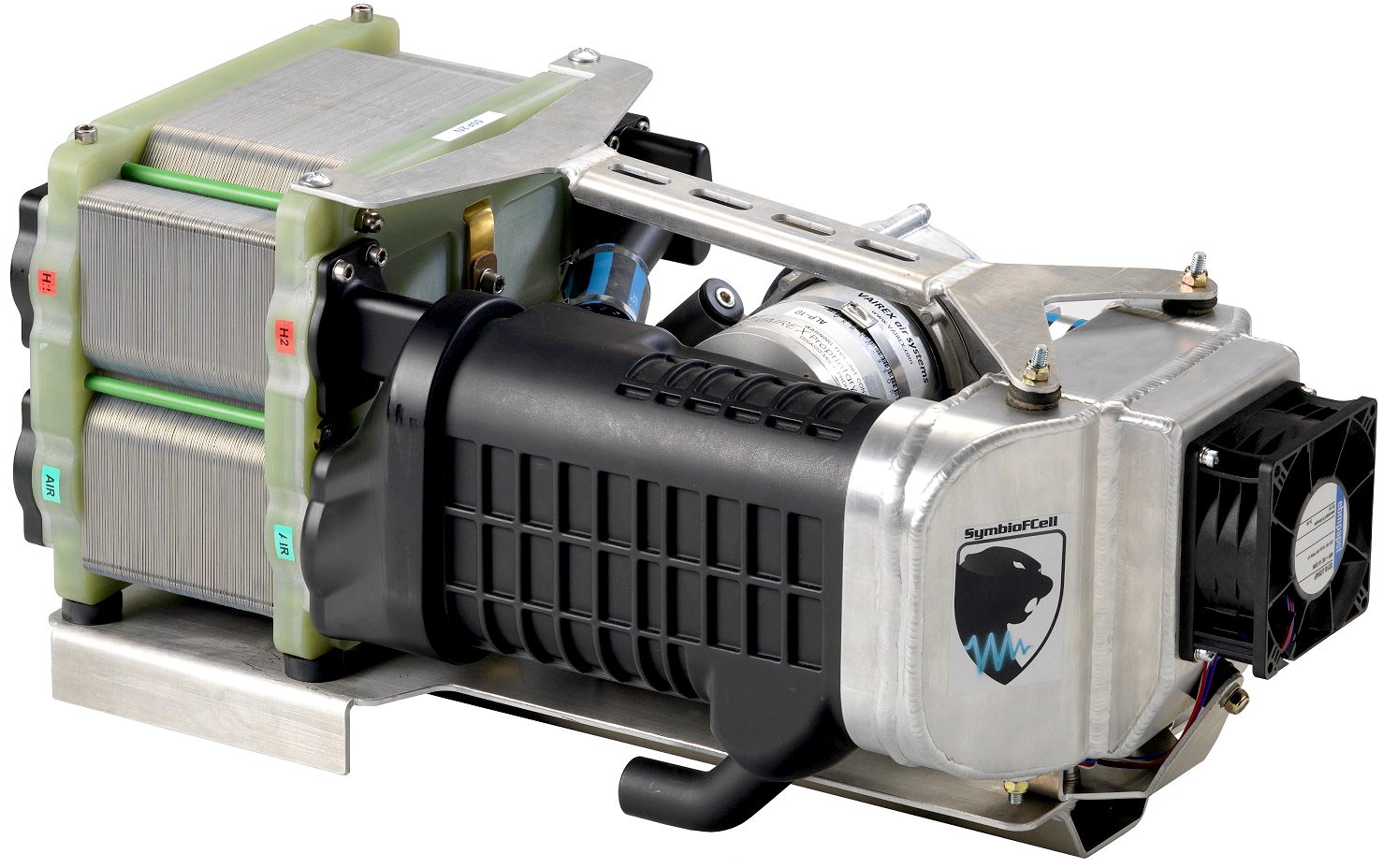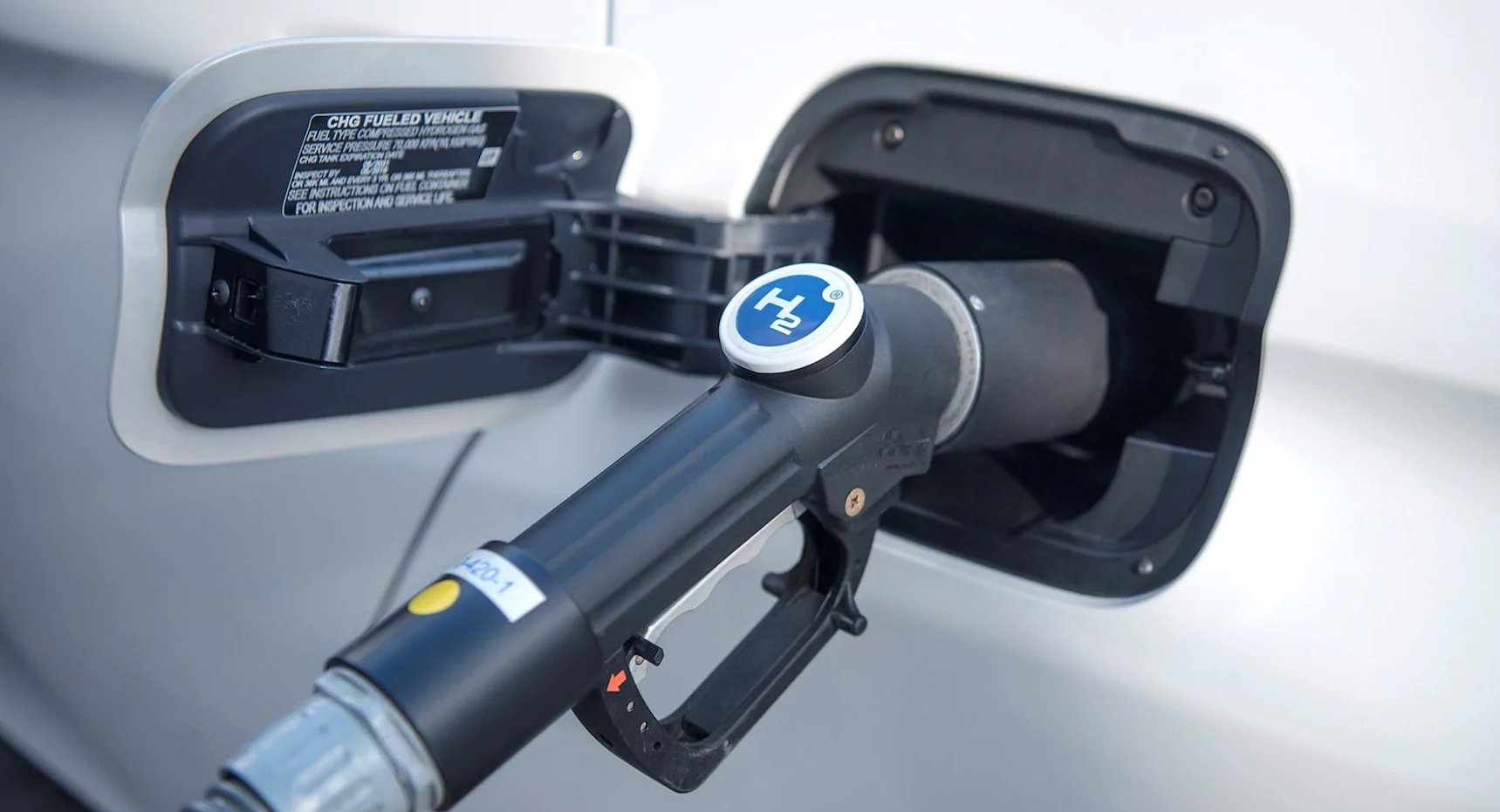|
HORIZON EUROPE
Please use our A-Z INDEX to navigate this site where page links may lead to other sites, or see HOME
|
|
|
Imagine a means to store electricity as green hydrogen for the load levelling of national grids, while also supplying energy for commercial vans and heavy duty trucks. Fuel cells provide a way to convert hydrogen gas into electricity, but on their own they do not represent a solution. The way forward is with hydrogen batteries, as the beating heart of the Smartnet™ dual-fuel infrastructure.
Several
of the calls in the pipeline (some in draft form), that appear to be looking for a SmartNet™
versatile solution - at least in part - are listed below.
HORIZON-CL5-2022-D2-01-05:
Next generation technologies for High-performance and safe-by-design battery systems for transport and mobile applications (Batteries
Technology
Readiness Level - Activities are expected to achieve TRL 5 by the end of the project – see
General Annex B.
• Next-generation battery system technologies for electrification of a broad range of
• Demonstrating increased performances (energy density, power density, lifetime) and
• Novel design and process to reduce manufacturing, refurbishment, dismantling and
Scope: Batteries are key for a climate neutral transport sector, which represents around 25% of
Projects are expected to develop
innovative battery systems technologies that will benefit
In order to leverage the full potential of the research ongoing in Europe at the battery material
Manufacturability and recyclability should be explicitly addressed, in order to reduce the
Furthermore, the projects are expected to develop and assess methodologies to ensure the
The projects should focus on the battery system level, i.e., on the integration of battery cells
The integration of battery systems into larger systems of application (e.g., into vehicles) is out
Projects should cover one or several use cases among the main transport or mobiles applications
This topic implements the co-programmed European Partnership on ‘Towards a competitive
• HORIZON-CL5-2021-D2-01-08: Emerging technologies for a climate neutral Europe
• HORIZON-CL5-2021-D3-01-05: Energy Sector Integration: Integrating and combining energy systems to a cost-optimised and flexible energy system of systems
• HORIZON-CL5-2021-D5-01-01: Nextgen vehicles
• HORIZON-CL5-2021-D5-01-03: System approach to achieve optimised Smart EV Charging and V2G flexibility in mass-deployment conditions (2ZERO)
• HORIZON-CL5-2021-D6-01-06: Framework for better coordination of large-scale demonstration pilots in Europe and EU-wide knowledge base (CCAM Partnership)
• HORIZON-CL5-2021-D6-01-08: New delivery methods and business/operating models to green the last mile and optimise road transport
• HORIZON-CL5-2022-D2-01-05: Next generation technologies for High-performance and safe-by-design battery systems for transport and mobile applications (Batteries Partnership)
• HORIZON-CL5-2022-D2-01-08: Coordination of large-scale initiative on future battery
• HORIZON-CL5-2022-D2-01-11: CIVITAS 2030 – Coordination and support for EU
If anyone wants to form a consortium for an application (as lead perhaps) we'd be more than pleased to contribute the IP and flatpack and Universal Cartridge designs, on confirmation of funding grant. If commercial EV OEM car, van or truck makers joined, that would make a very solid consortium, though not essential, as the proposed Smartnet™ system is dual fuel, as well as load levelling - an international hydrogen and electricity supply network.
LINKS & REFERENCE
https://www.enlit-europe.com/news-grids/measuring-the-performance-of-europes-smart-grids
Please use our A-Z INDEX to navigate this site
Copyright © Climate Change Trust & Universal Smart Batteries 2021. Solar Studios, BN271RF, United Kingdom.
|


